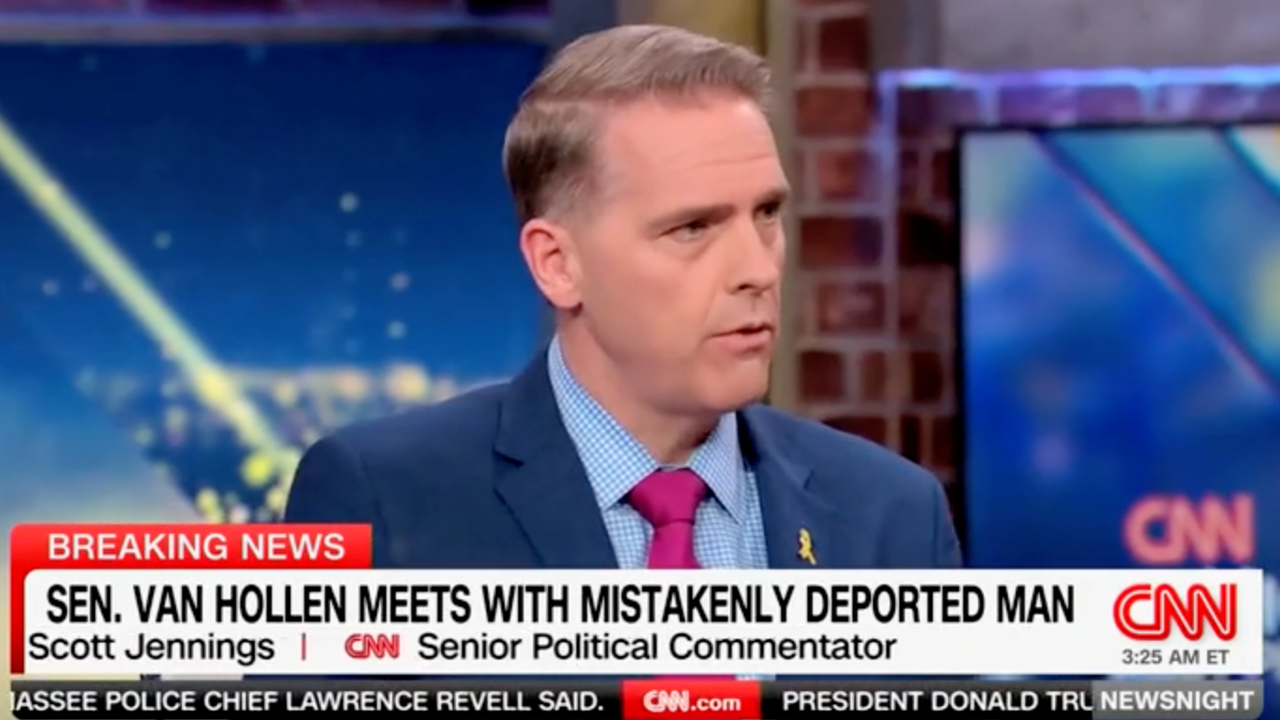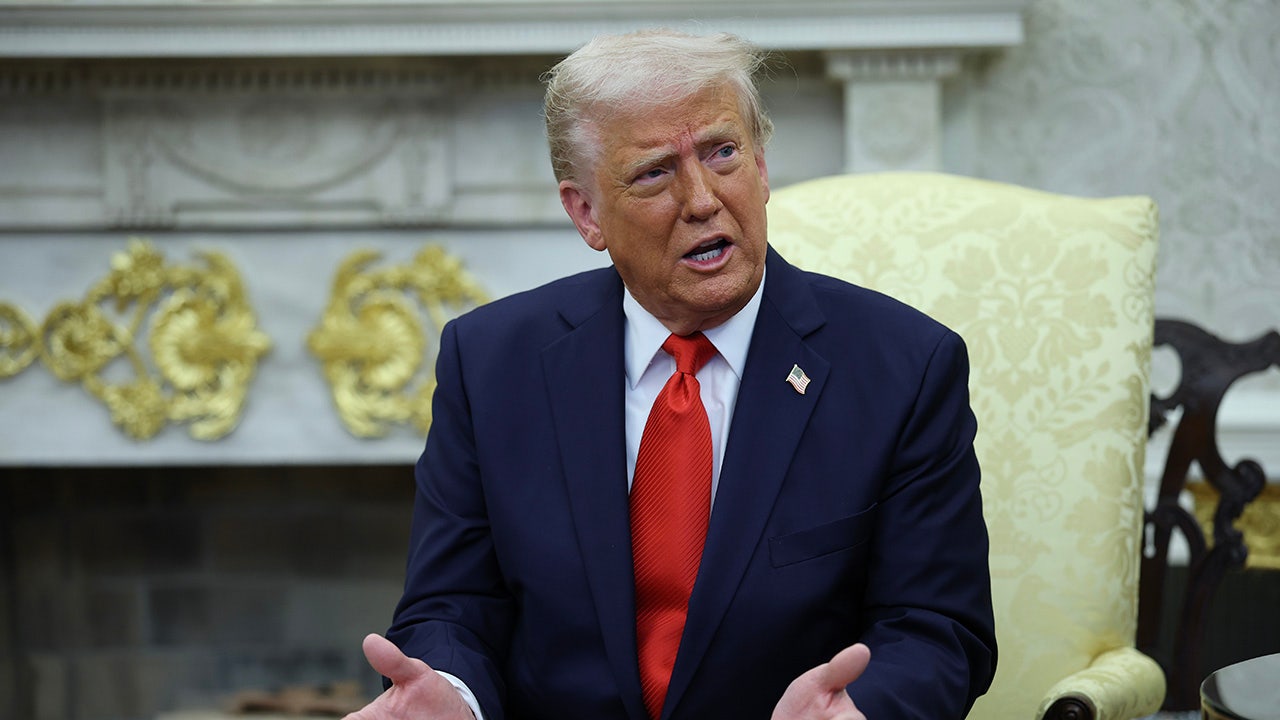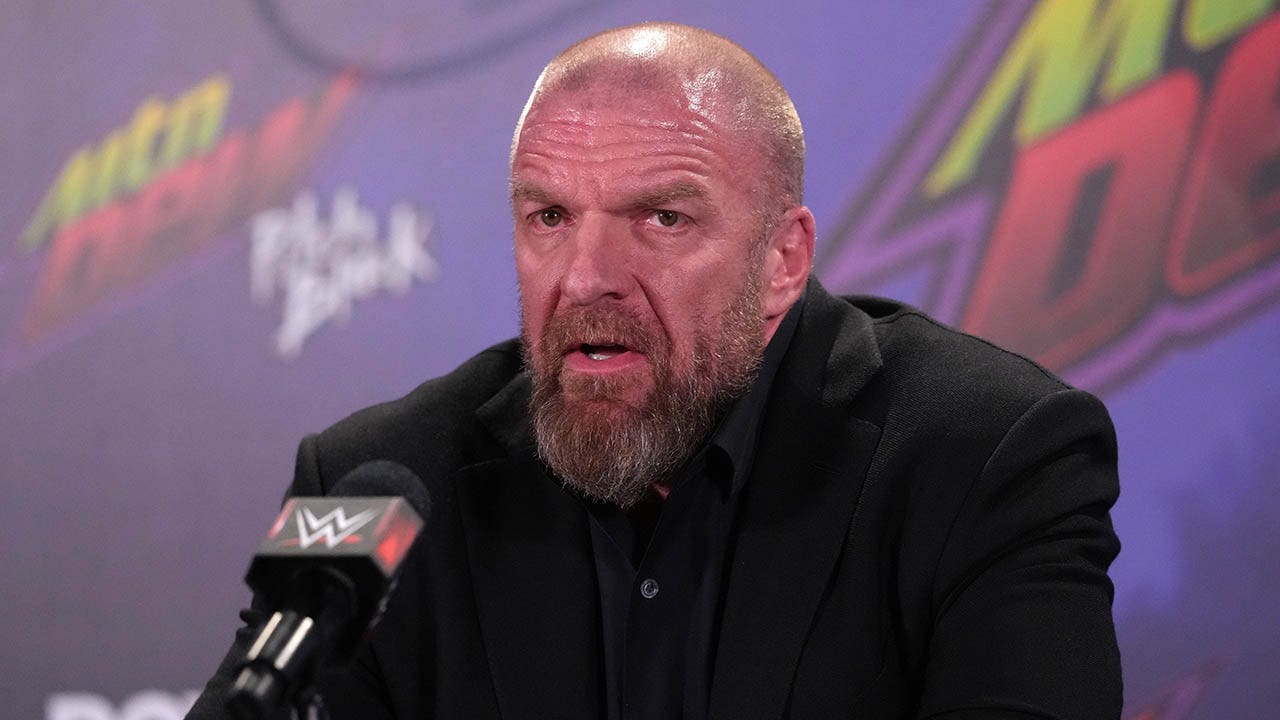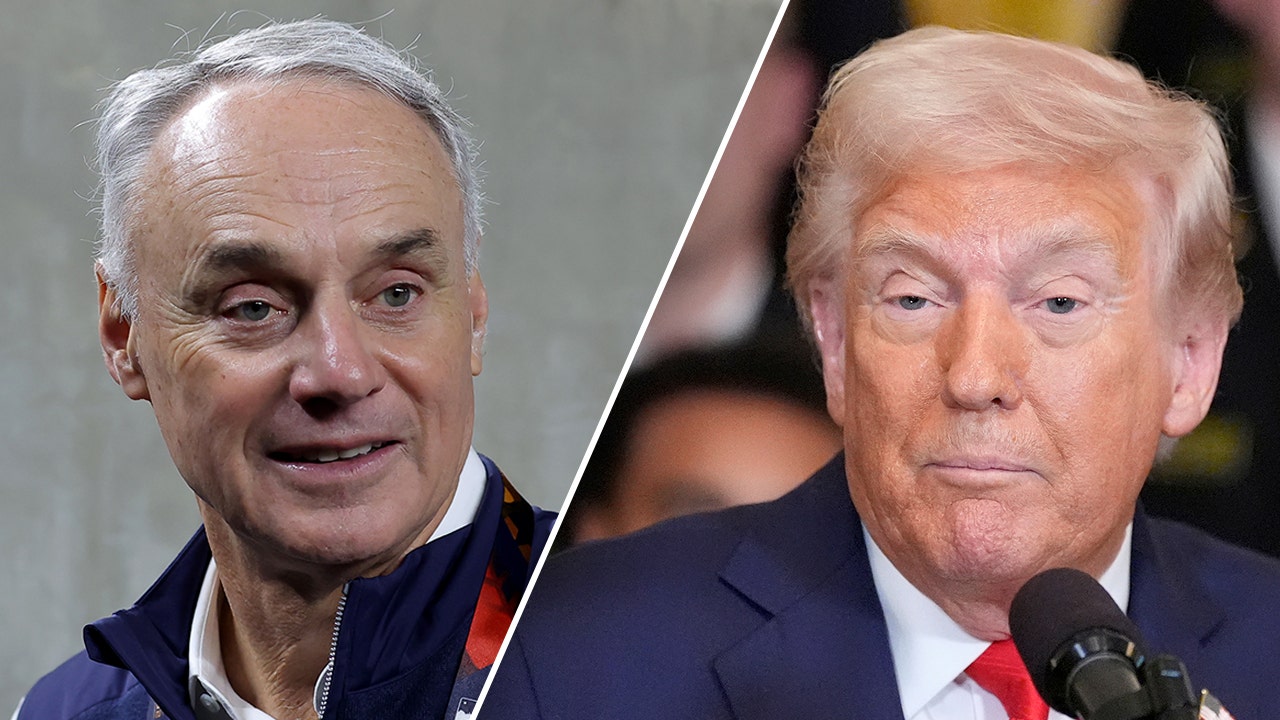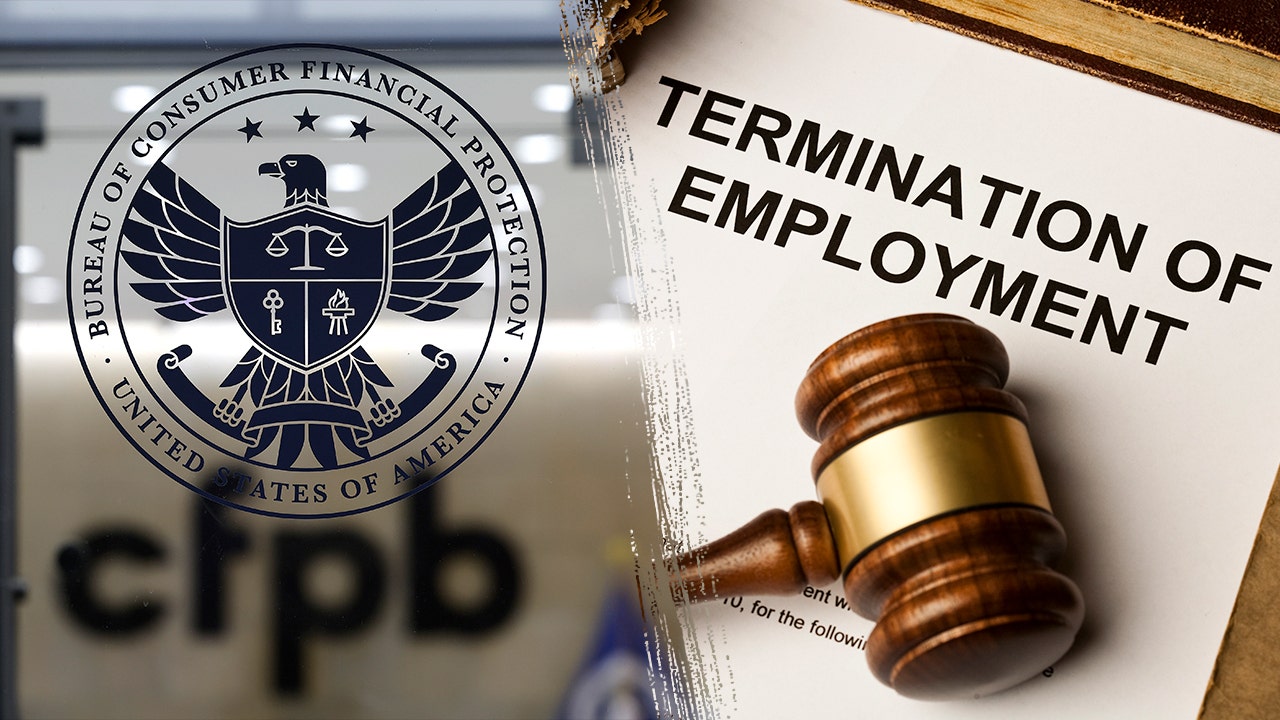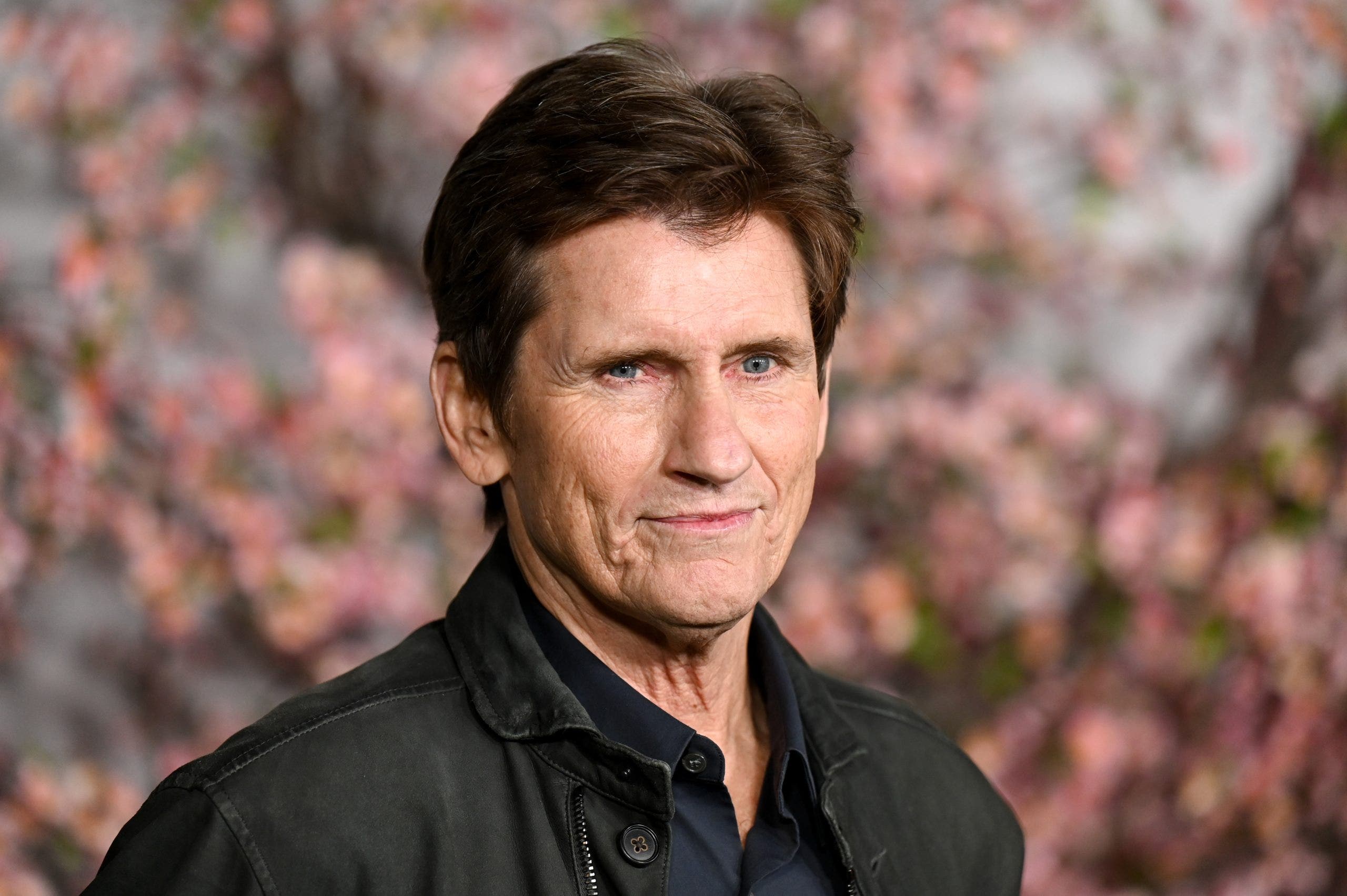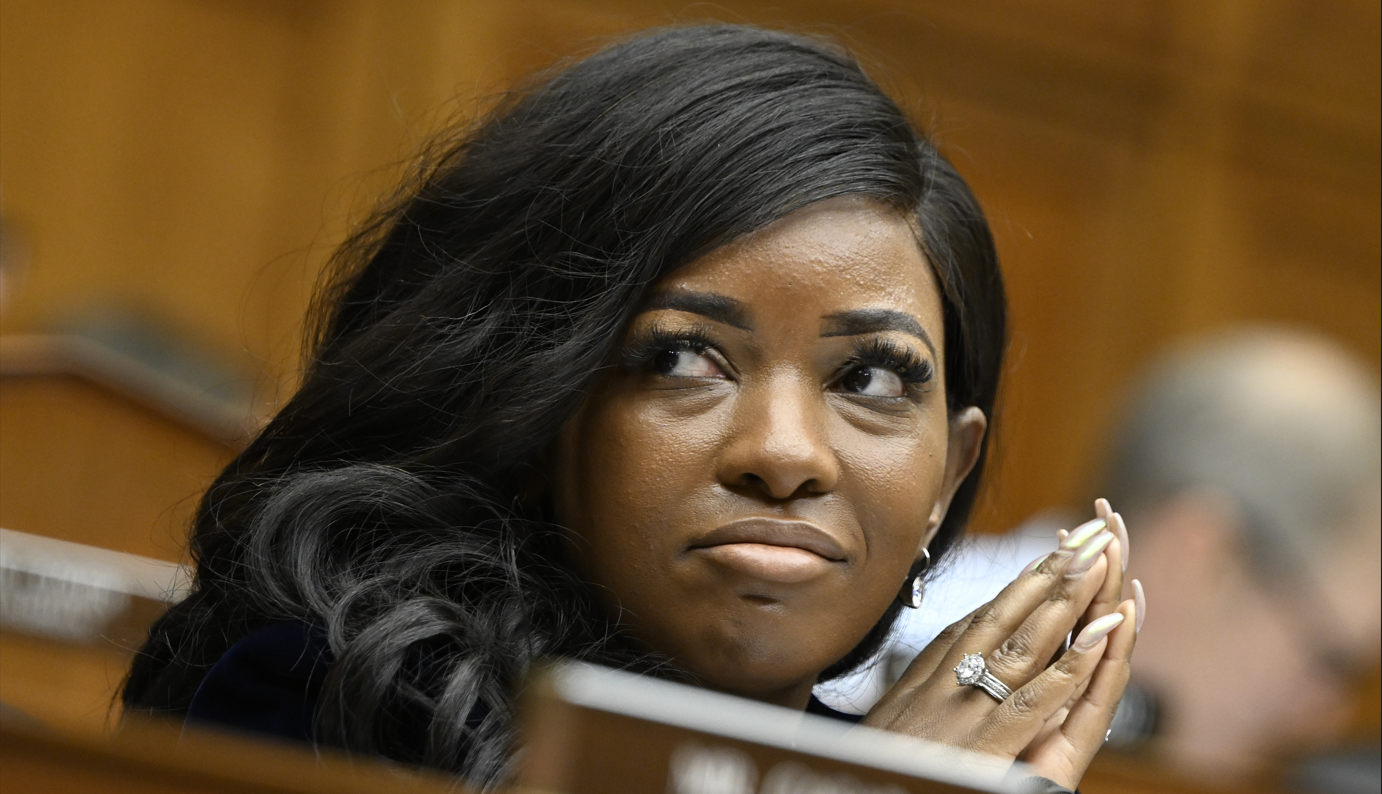Join Fox News for access to this content
Plus special access to select articles and other premium content with your account - free of charge.
By entering your email and pushing continue, you are agreeing to Fox News' Terms of Use and Privacy Policy, which includes our Notice of Financial Incentive.
Please enter a valid email address.
NEWYou can now listen to Fox News articles!
Over the past decade, the leaders of corporate and international organizations became used to being lauded for making grand but ultimately empty, green promises on stages in Davos and climate summits. How quickly things have changed.
Fear of being called out by the Trump administration is forcing many leaders into changing course – at least in their rhetoric.
World Bank president Ajay Banga’s first move when he took over the institution in 2023 was to extend its mission from ending poverty to incorporate climate change and making the planet "livable."
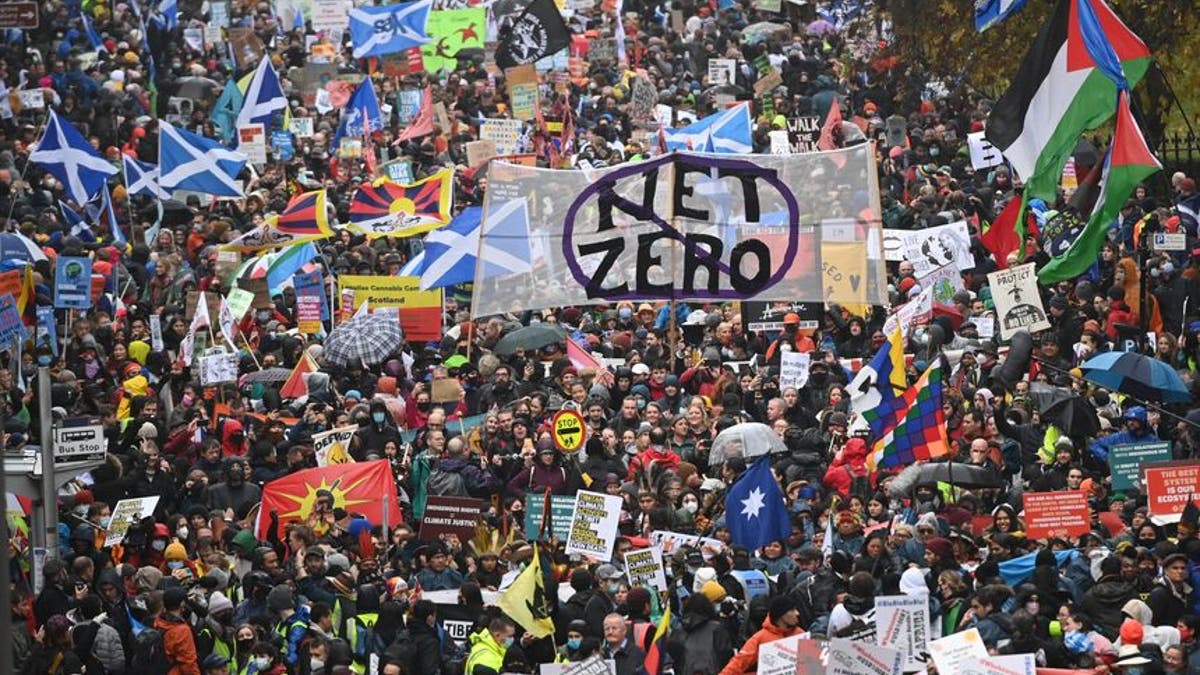
Protesters marched on Saturday in Glasgow, host of the COP26 U.N. climate summit. (Getty Images)
Last November, as he headed to the COP summit in Azerbaijan, Banga graced the cover of Time magazine’s "climate issue" and warned that climate change was "intertwined" with every challenge. Yet today, he somewhat implausibly tells reporters, "I’m not a climate evangelist."
TRUMP IS ENDING BIDEN’S WAR ON ENERGY AND ONE STATE IS KEY TO THAT STRATEGY
The shift in self-identification is frankly meaningless without deeper change. For the development banks, there is much work yet to be done to end poverty. Astonishingly, the World Bank and the African Development Bank ring-fence a whopping 45% and 55% of annual financing, respectively, for climate projects. Both institutions divert half or more of these climate funds to projects that reduce the emissions of poor people – an absurdity when energy poverty remains a huge barrier to development.
It is hypocritical and ultimately immoral to insist that poorer countries rely on intermittent solar and wind when every single rich country has access to a vast amount of affordable, dependable energy, mostly from fossil fuels. Indeed, Africa has been forced to finally get its own energy bank to fund fossil fuel projects because the major development banks refuse to invest in them.
It remains to be seen whether the U.S. will use its significant shareholdings in the World Bank and African Development Bank to encourage a return to less glamorous development basics, or whether the Trump administration will be content with just a change in language.
The development banks could take a leaf out of corporate America’s book. Parts of the private sector have moved ruthlessly to abandon green virtue signaling and return to their core work.
AMERICA'S ENERGY FUTURE: BREAKING FREE FROM CHINA'S INFLUENCE
Climate change is undeniably a real problem which has tangible economic impacts. However, climate solutions also come with their own set of costs, often demanding that businesses and individuals rely on pricier, less dependable energy sources. The decision to balance the expenses of climate policies with the advantages of climate action falls rightly under the responsibility of governments, not profit-driven businesses.
Yet over the past decade, even major contributors to climate change – such as the fossil fuel industry itself – invested in extraordinary green policies. Five years ago, BP made an astonishing promise to slash its oil and gas production by 40% by 2030, while increasing green energy generation twentyfold and becoming net-zero. Now, along with other big, Western oil companies, it has abandoned those farcical green promises and recommitted to its primary activity: fossil fuels.
No doubt, this U-turn will be lamented by green activists. But the truth is that these promises were always an inefficient way of helping the planet, and very shortsighted for fossil fuel companies. Even after the world has spent $14 trillion on climate policy, more than four-fifths of global energy remains supplied by fossil fuels.
CLICK HERE FOR MORE FOX NEWS OPINION
Over the past half-century, fossil fuel energy has more than doubled, with 2023 again setting a new record. Consumers and businesses are crying out for more energy, while competitor state-owned oil companies from the Middle East have continued to provide more fossil fuels. It is a foolish energy company that declares it will supply less energy.
Banks also had a fling with green policies, and have now dumped them, with the six largest U.S. banks leaving the Net-Zero Banking Alliance, and Wells Fargo officially abandoning its goal of achieving net-zero emissions across its financial portfolio by 2050.
While some industries are moving faster than others, there are signs that many companies will just change their language, and not their inefficient climate policies.
CLICK HERE TO GET THE FOX NEWS APP
A recent global survey of 1,400 corporate executives found that 58% of companies "are deliberately planning to decrease their level of external communications" about climate policies, even though most intend to spend even more on these than before. Shareholders need to ask hard questions about what these policies really do for the planet, and what they add to the bottom line.
As leaders of international organizations and corporations scramble to adapt to an entirely new world, it’s important they go further than just shifts in rhetoric. The era of being cheered on for every green promise and vow – regardless of how silly or self-defeating – has come to an end. Now it’s time for those leaders to get back to business.

 2 days ago
10
2 days ago
10
